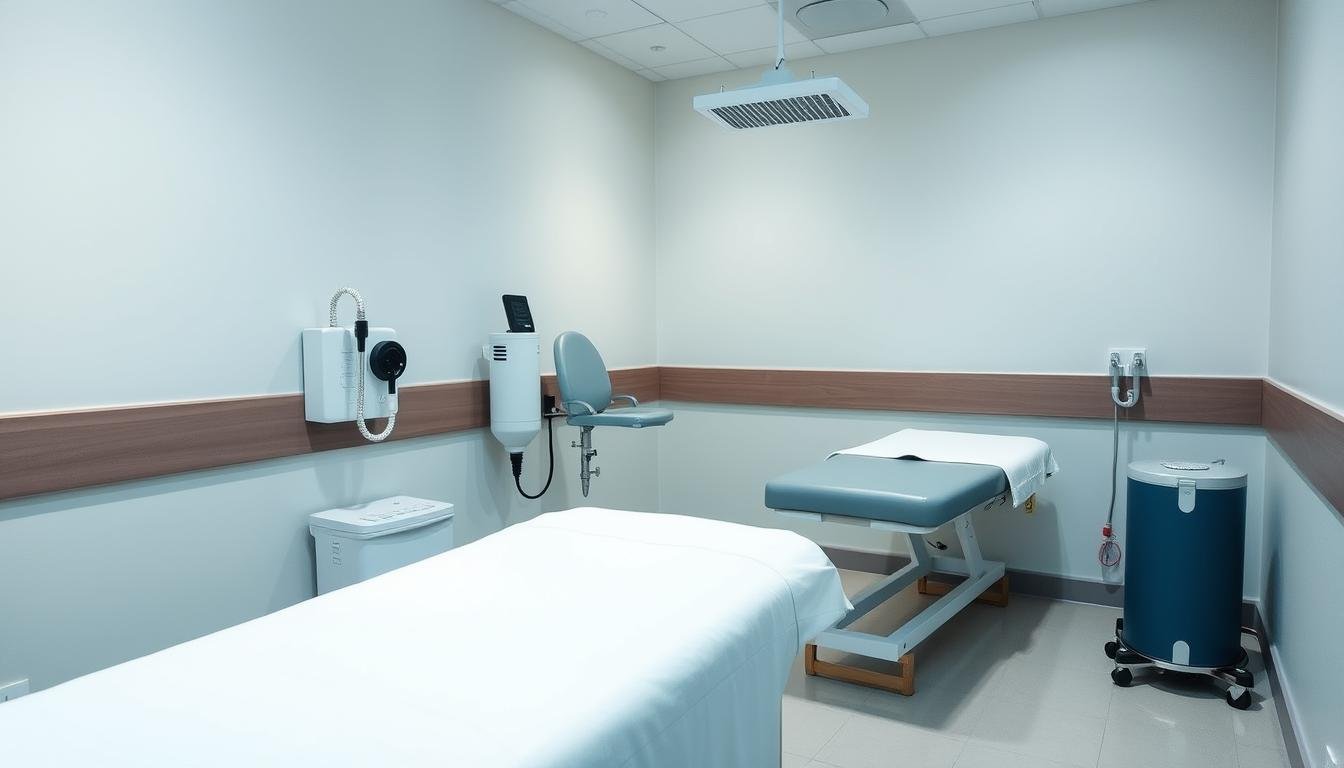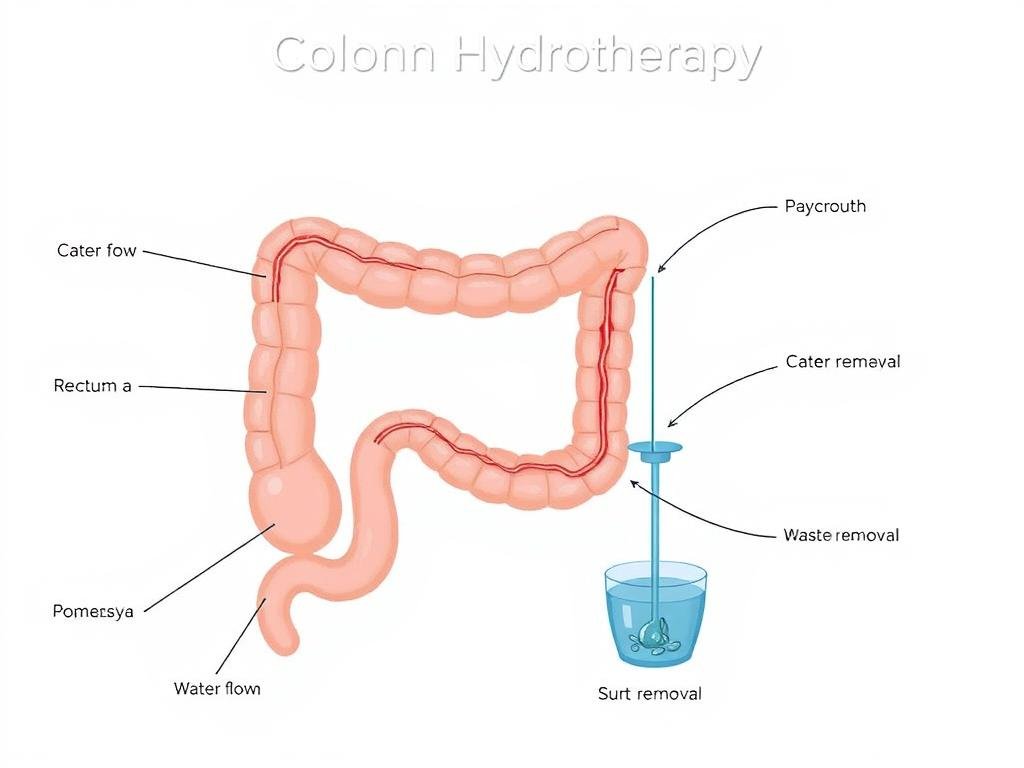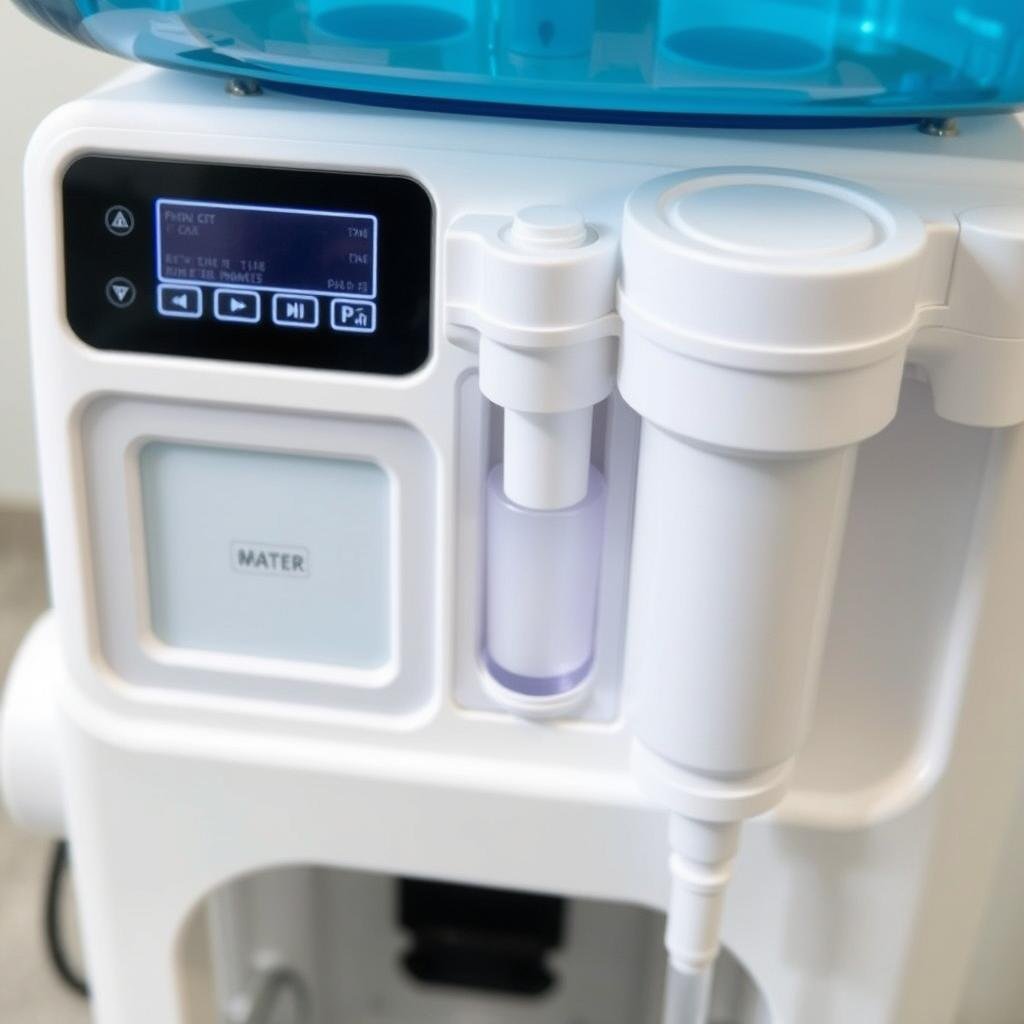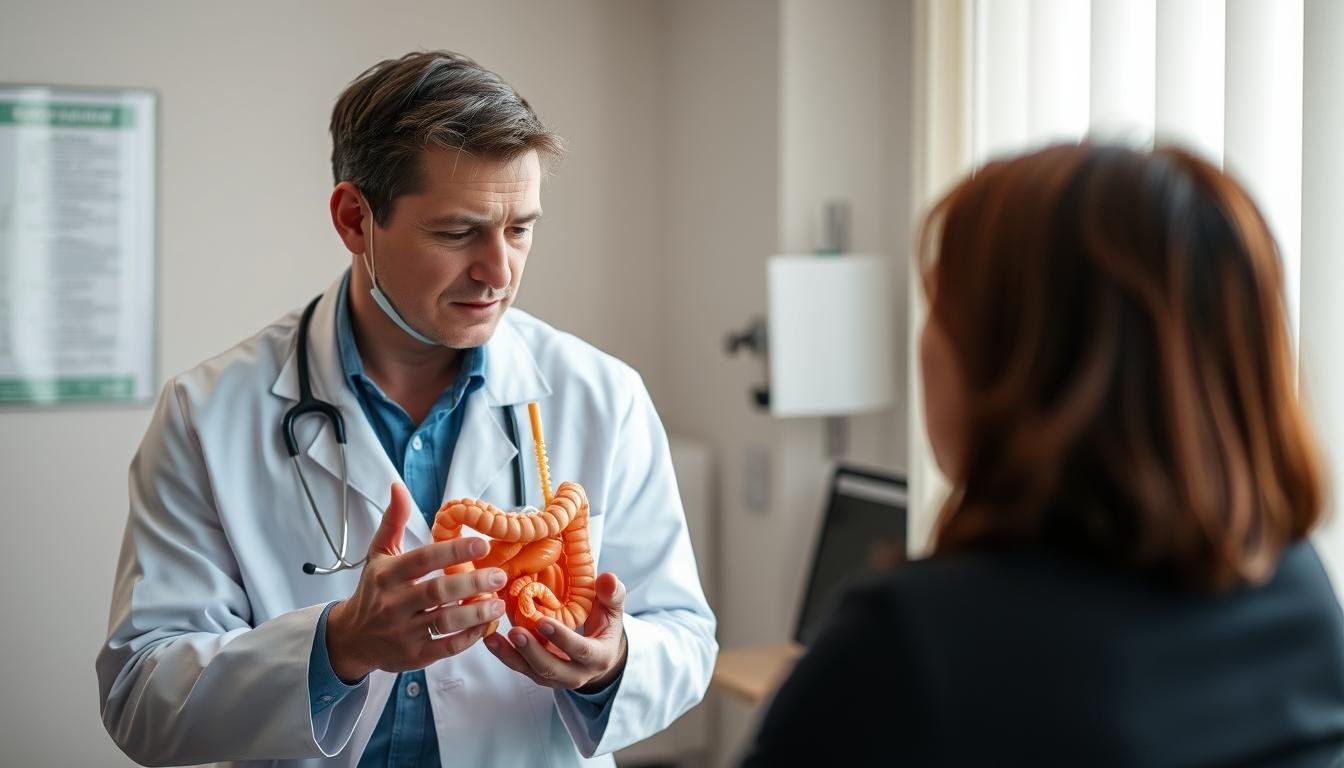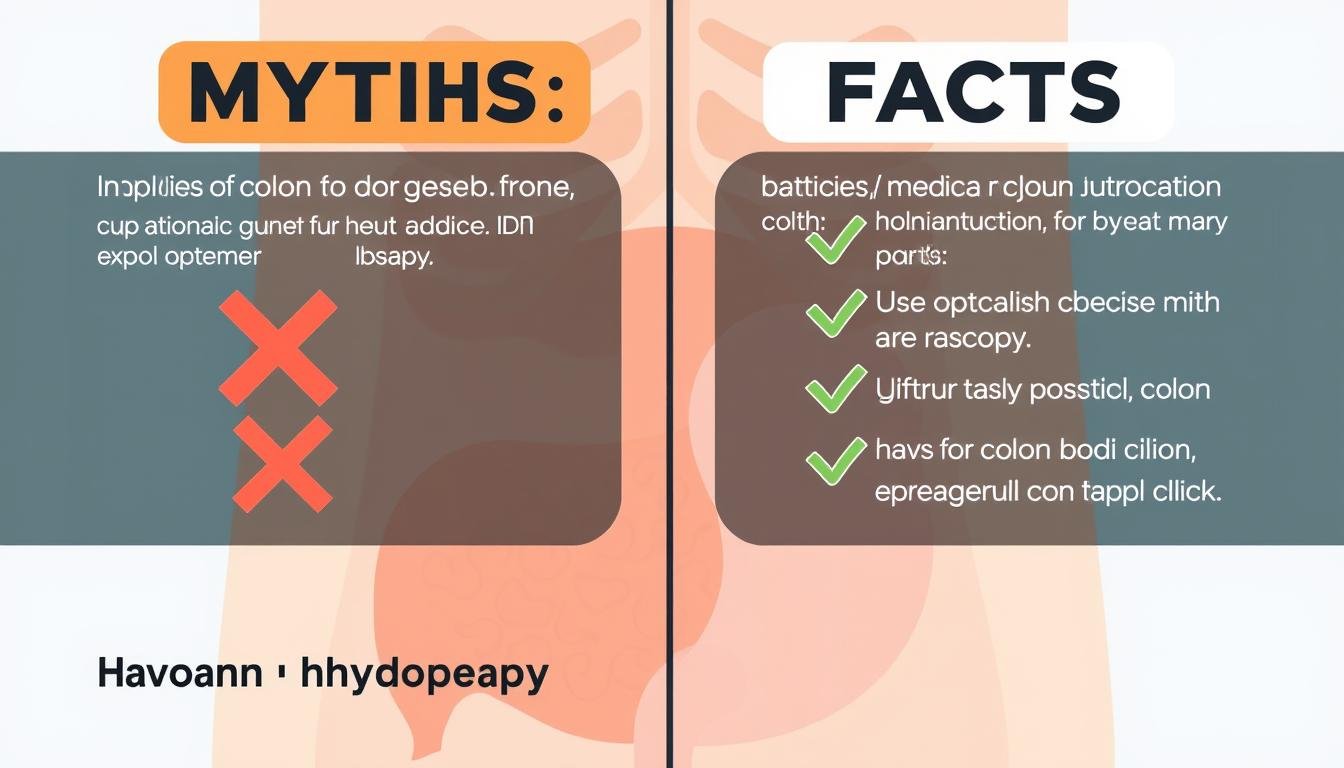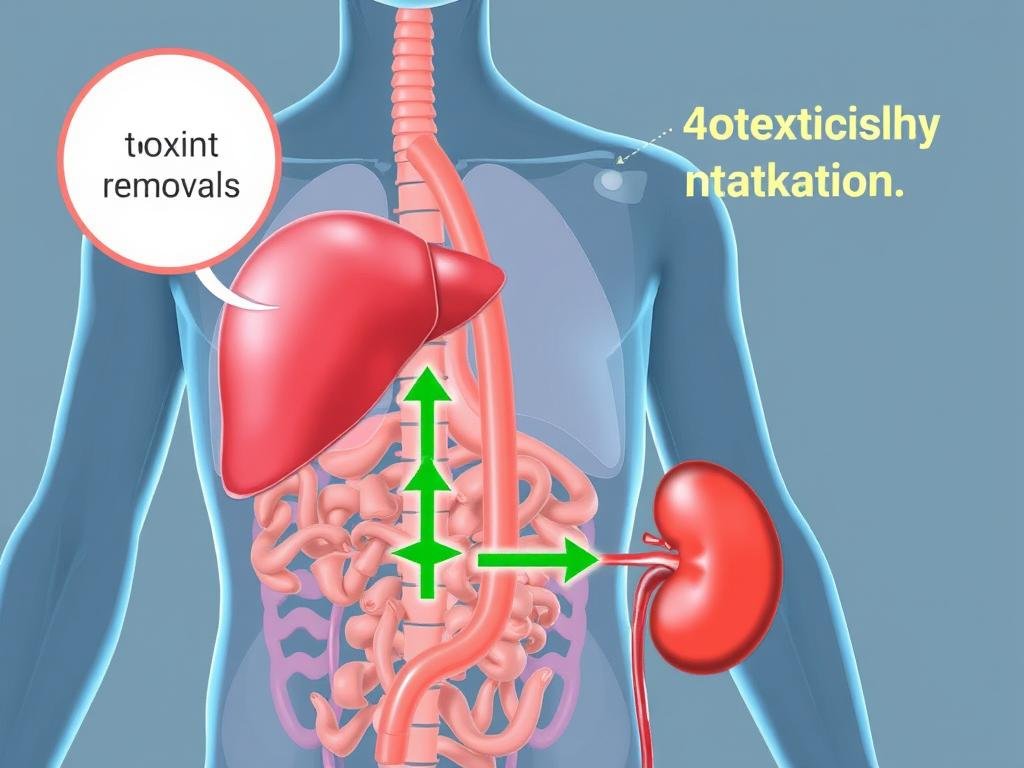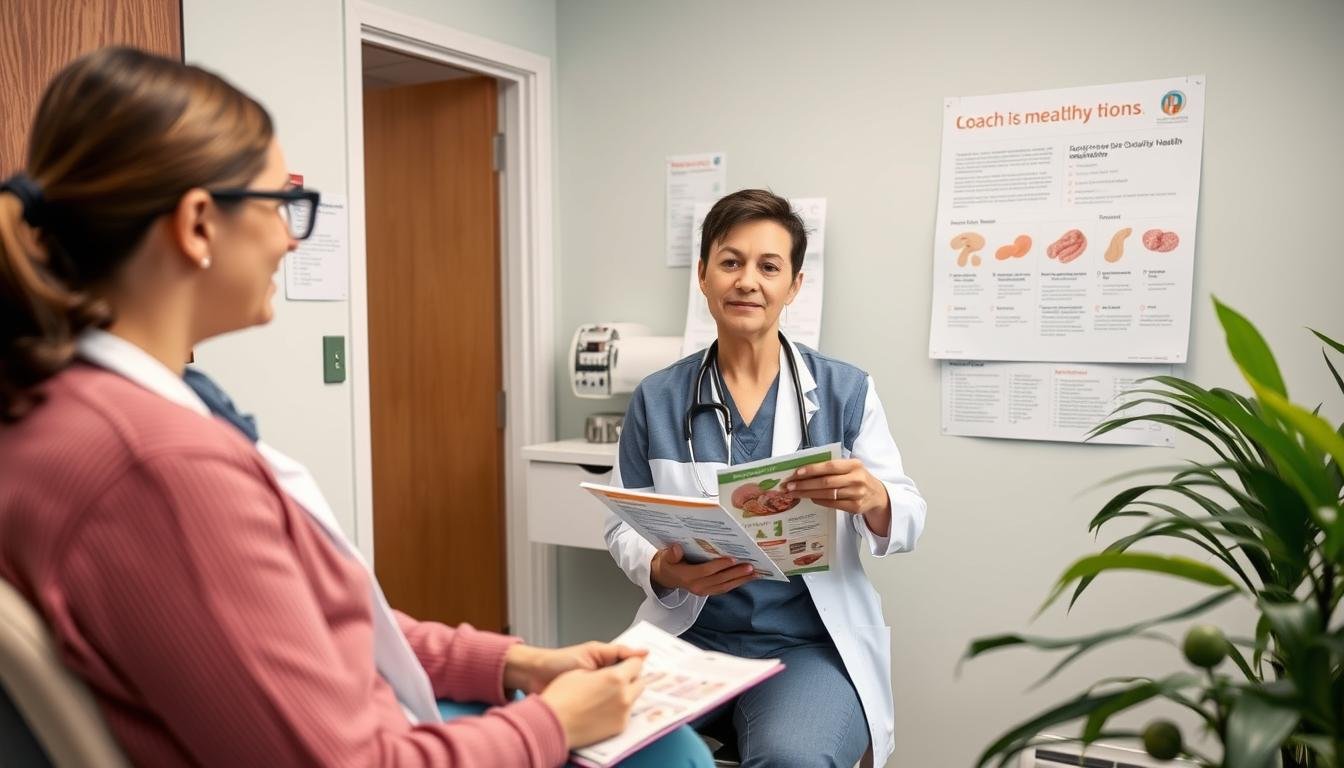Hydrotherapy ng colon, also known as colonic irrigation or colon cleansing, involves flushing the colon with water to remove waste and toxins. While some claim it offers various health benefits, medical professionals often question its safety and effectiveness. This comprehensive guide examines the evidence behind colon hydrotherapy, its potential risks, and what you should know before considering this procedure.
Ano Colon hydrotherapy?
Hydrotherapy ng colon is a procedure that uses warm, filtered water to flush out the large intestine. During the treatment, a practitioner inserts a disposable speculum into the rectum, allowing water to flow into the colon. This process aims to soften and break down accumulated waste material, which is then expelled through a clear tube.
The Colon Hydrotherapy Procedure Process
A typical colon hydrotherapy session lasts about 45 minutes and uses approximately 16 gallons of water. The practitioner may adjust the water temperature and pressure throughout the procedure. Some sessions incorporate herbal infusions or coffee in the water, though there’s little scientific evidence supporting additional benefits from these additives.
Equipment Used
Modern colon hydrotherapy equipment includes:
- Sterilized, disposable speculum
- Water filtration system
- Temperature and pressure controls
- Clear viewing tube for waste elimination
- Comfortable treatment table
Claimed Benefits of Colon hydrotherapy
Proponents of colon hydrotherapy suggest various health benefits, though it’s important to note that many of these claims lack substantial scientific evidence. Here are some commonly cited benefits:
Digestive Relief
Some practitioners claim that colonics can help with constipation, bloating, and symptoms of irritable bowel syndrome (IBS). A small 2016 study with only 18 participants reported improved IBS symptoms after colonic irrigation, but the research lacked a control group and needs further validation.
Detoxification
Advocates suggest that colon hydrotherapy removes toxins from the body. However, this is based on the debunked theory of “autointoxication” from the early 1900s. The body naturally detoxifies through the liver and kidneys, not through colon cleansing.
Pagbaba ng timbang
Some people report weight loss after colon hydrotherapy, but this is typically due to temporary water and waste removal rather than fat loss. Any weight reduction is usually short-lived and not a sustainable method for weight management.
Mahalagang tala: The medical community generally does not support these claimed benefits due to lack of scientific evidence. Always consult with a healthcare provider before trying colon hydrotherapy.
Potential Risks of Colon hydrotherapy
While some people report positive experiences with colon hydrotherapy, the procedure carries several potential risks that should be carefully considered:
Potential Risks and Complications
- Electrolyte Imbalance: The procedure can disrupt the body’s natural balance of electrolytes, which is particularly dangerous for people with kidney conditions.
- Perforation of the Bowel: There’s a risk of tearing the colon wall, which is a serious medical emergency requiring immediate attention.
- Impeksyon: Improper sterilization of equipment or backward flow of fecal matter can introduce harmful bacteria.
- Dehydration: The process causes water loss, which can lead to dehydration if not properly managed.
- Disruption of Gut Microbiome: Flushing the colon may remove beneficial bacteria essential for digestive health.
Severe Complications Reported
Medical literature has documented several serious complications from colon hydrotherapy, including:
- Pancreatitis
- Kidney failure
- Heart failure
- Septic shock
- Rectal perforation
“Hindi ito isang bagay na kailangan mong gawin upang mapanatili ang kalusugan ng iyong colon. Para sa ilang mga tao, ang colonic hydrotherapy ay maaaring maging mapanganib.”
– Dr. Anuradha Bhama, Colorectal Surgeon
Sino ang dapat iwasan Colon hydrotherapy
Certain conditions make colon hydrotherapy particularly risky. You should avoid this procedure if you have:
- Diverticulitis
- Crohn’s disease
- Ulcerative colitis
- Ischemic colitis
- Kamakailang operasyon ng colon
- Sakit sa bato
- Sakit sa puso
- Hemorrhoids
- Severe constipation
- Pagbubuntis
Medical Guidance: If you’re experiencing digestive issues, consult with a gastroenterologist who can diagnose underlying conditions and recommend evidence-based treatments.
Debunking Myths About Colon hydrotherapy
Many misconceptions surround colon hydrotherapy. Let’s separate fact from fiction:
| Myth | Fact |
| The colon needs regular cleaning to remove toxins and waste buildup. | The colon naturally eliminates waste; the body detoxifies through the liver and kidneys, not through colon cleansing. |
| Hydrotherapy ng colon can cure diseases and improve immune function. | No scientific evidence supports that colon hydrotherapy cures diseases or enhances immunity. |
| Waste material can remain stuck in the colon for months or years. | The colon is designed to move waste efficiently; material doesn’t typically remain “stuck” for extended periods. |
| Hydrotherapy ng colon is the same as medical procedures like enemas or bowel prep. | Medical enemas and bowel prep for colonoscopies are different procedures with specific medical purposes and supervision. |
| Everyone can benefit from regular colon hydrotherapy. | Many people have contraindications that make this procedure potentially dangerous. |
The Detoxification Myth
Perhaps the most persistent myth is that colon hydrotherapy “detoxifies” the body. This claim stems from the outdated theory of autointoxication, which suggested that bacteria in the colon produce toxins that leak into the bloodstream. Modern medicine has debunked this theory, as the body has specialized organs—primarily the liver and kidneys—that effectively remove toxins.
Looking for Evidence-Based Digestive Health Solutions?
Discover scientifically-supported approaches to improve your digestive health without unnecessary risks.
Explore Safer Alternatives
Medical Uses vs. Alternative Practice
While colon hydrotherapy as an alternative health practice lacks scientific support, there are legitimate medical uses for controlled colon cleansing:
Legitimate Medical Uses
Medical professionals may recommend controlled colon cleansing in specific situations:
- Colonoscopy Preparation: Cleansing the colon before diagnostic procedures
- Surgery Preparation: Ensuring the colon is clear before intestinal surgery
- Medical Enemas: Treating severe constipation under medical supervision
Important Distinction: Medical colon cleansing procedures are performed under healthcare supervision with specific protocols and safety measures. They differ significantly from alternative colon hydrotherapy practices.
Safer Alternatives for Colon Health
Instead of colon hydrotherapy, consider these evidence-based approaches to maintain colon health:
Mga diskarte sa pagdidiyeta
- Dagdagan ang paggamit ng hibla (prutas, gulay, buong butil)
- Manatiling maayos sa tubig
- Consume probiotic-rich foods (yogurt, kefir, sauerkraut)
- Limitahan ang mga naproseso na pagkain at pulang karne
- Reduce alcohol consumption
Mga Pagbabago sa Pamumuhay
- Regular na pisikal na aktibidad
- Manage stress through meditation or yoga
- Magtatag ng mga regular na gawi sa banyo
- Get adequate sleep
- Avoid smoking
Medical Support
- Consult with a gastroenterologist for digestive concerns
- Follow recommended screening guidelines
- Discuss probiotics with your healthcare provider
- Address underlying conditions causing constipation
- Use physician-recommended supplements if needed
Struggling with Digestive Issues?
Don’t self-diagnose or try unproven treatments. Speak with a healthcare professional who can provide evidence-based solutions for your specific situation.
Mag -iskedyul ng isang konsultasyon ngayon
If You Choose Colon hydrotherapy: Finding Qualified Practitioners
Despite the risks and limited evidence, some individuals may still choose to pursue colon hydrotherapy. If you decide to proceed, these guidelines can help minimize risks:
Practitioner Qualifications
Look for practitioners who have:
- Certification from recognized organizations like the International Association for Colon Hydrotherapy (I-ACT)
- Proper training and credentials
- Clean, professional facilities
- Use of disposable equipment
- Thorough health screening before treatment
Colon Hydrotherapy Questions to Ask Before Treatment
What training and certification do you have?
Ask about specific training programs, certification bodies, and how long they’ve been practicing.
What equipment do you use and how is it sterilized?
Ensure they use FDA-registered equipment and disposable components where appropriate.
What medical conditions do you screen for?
Reputable practitioners should screen for contraindications like inflammatory bowel disease, recent surgery, etc.
What side effects might I experience?
They should be honest about potential side effects like cramping, discomfort, or dehydration.
What emergency protocols do you have in place?
They should have clear procedures for handling adverse reactions or complications.
Kinakailangan ang Konsultasyon sa Medikal: Always consult with your healthcare provider before undergoing colon hydrotherapy, especially if you have any existing health conditions.
Conclusion: Making Informed Decisions About Colon hydrotherapy
When considering colon hydrotherapy, it’s essential to weigh the potential risks against the limited evidence of benefits. The medical community generally does not recommend this procedure for general health maintenance or treatment of medical conditions.
Your digestive system is designed to eliminate waste efficiently without intervention. For most people, maintaining colon health through diet, hydration, exercise, and regular medical check-ups is safer and more effective than colon hydrotherapy.
If you’re experiencing digestive issues like constipation, bloating, or abdominal pain, consult with a healthcare provider who can diagnose underlying conditions and recommend evidence-based treatments tailored to your specific needs.
Disclaimer: This article is for informational purposes only and does not constitute medical advice. Always consult with a qualified healthcare provider before starting any new treatment or procedure.

